

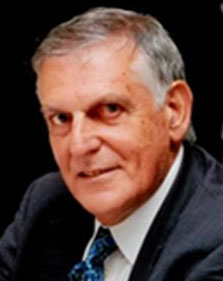
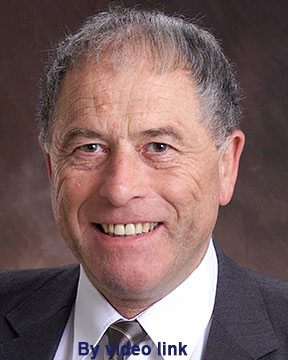
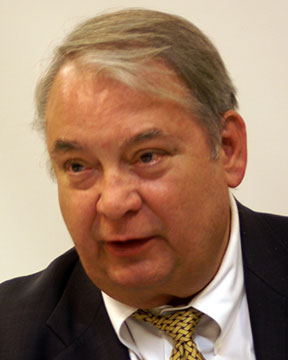
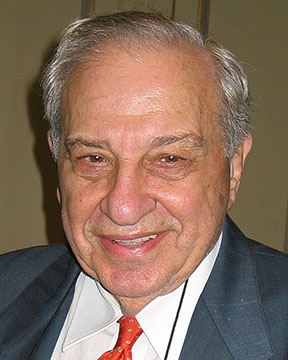
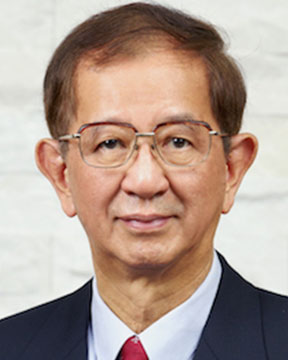
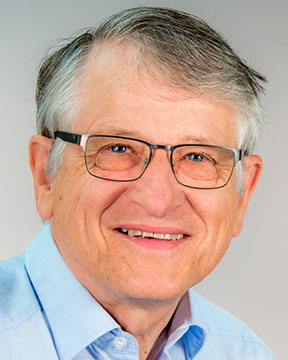
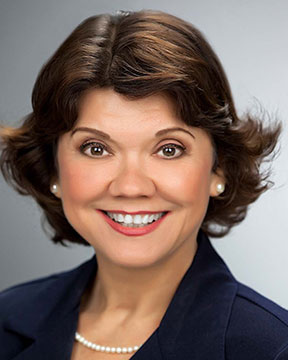
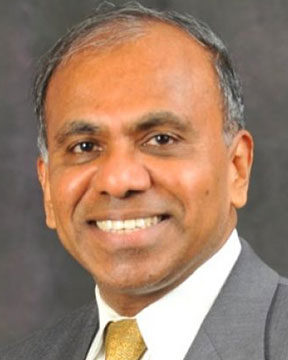




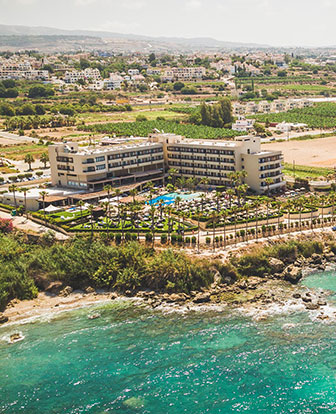

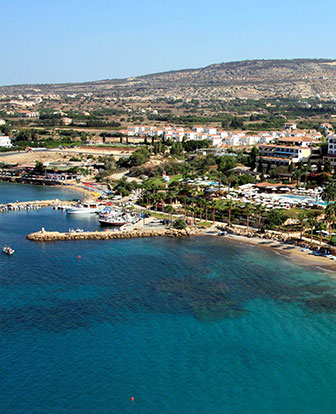
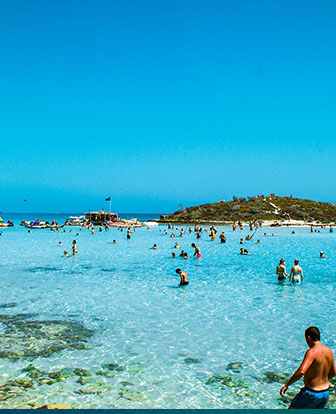
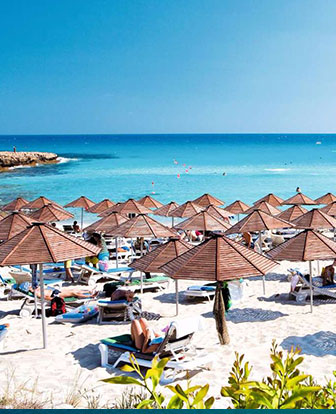
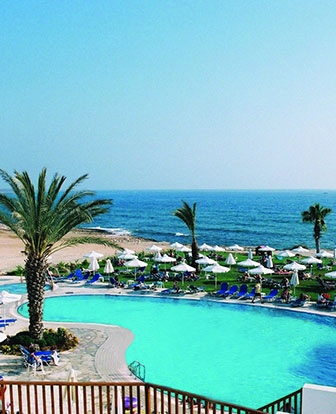
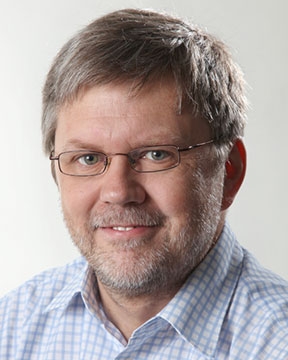 |
Prof. Dr.Ralf LudwigUniversity of Rostock Rostock, Germany |
Short Bio:Ralf Ludwig studied Physics at the Rheinisch-Westfälische Technische Hochschule Aachen, Germany, where he received his PhD in Physical Chemistry in 1991 under the mentorship of Prof. Manfred Zeidler. From 1993 to 1995 he was postdoc with Prof. Tom Farrar and Prof. Frank Weinhold at the University of Wisconsin in Madison, U. S. A. Shortly after, he joined the research group of Prof. Alfons Geiger at the University of Dortmund, Germany where he obtained his habilitation in Physical Chemistry in 1999. Five years later, he was appointed professor for Physical Chemistry at the University of Rostock, Germany, where he became chair of Physical Chemistry in 2012. His major scientific activities are in the field of clusters, liquids and solutions. Since more than a decade, his group is very much interested in ionic liquids research. The delicate balance between Coulomb interaction, hydrogen bonding and dispersion forces results in unique properties of this interesting liquid material. Combined experimental and theoretical methods allow a detailed study of non-covalent forces, ion-pair formation and non-ideal mixing in ionic liquids and their mixtures. The goal is to understand macroscopic properties at molecular level. Presently, uncommon like-charged ions attraction is in the focus. The polarizability of the cations, the interaction strength of the anions and the length of the hydroxyl-functionalized alkyl chain allow tuning cationic cluster formation and thus ionic liquids properties in the desired way. Far infrared, Terahertz and NMR spectroscopy, as well as field-cycling relaxometry are complemented by DFT calculations and molecular dynamics (MD) simulations for analyzing the structure, dynamics and thermodynamic of liquids and solutions. |
|